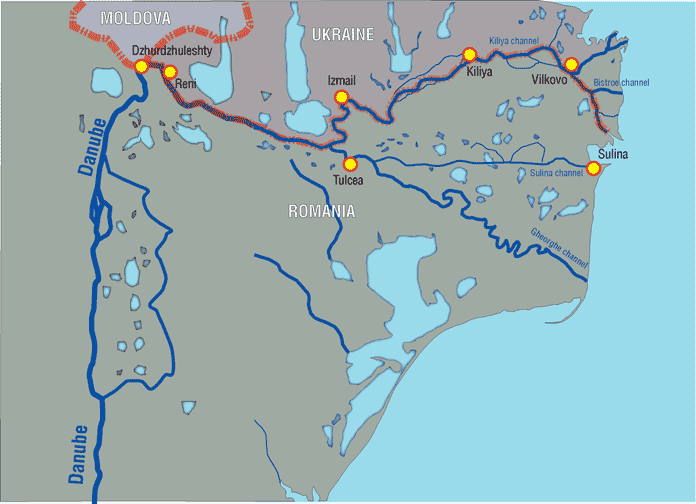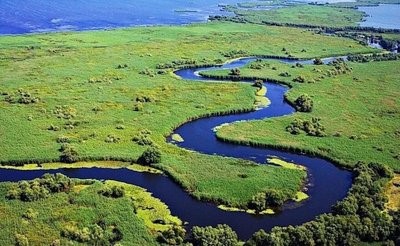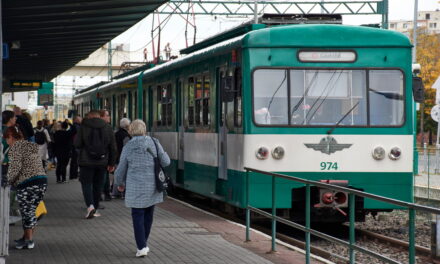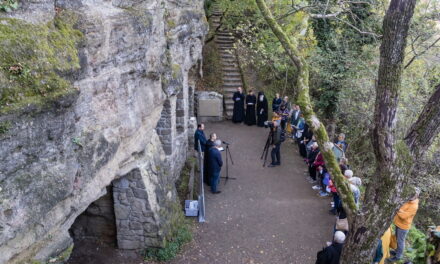Citing international conventions and environmental protection considerations, Romania opposes Ukraine's construction of a waterway in the Danube Delta in order to open a new exit to the Black Sea, the Hotnews.ro news portal reported on Thursday, presenting the position of the Romanian Ministry of Foreign Affairs (MAE).
The almost two-decade-old legal dispute between the two neighboring countries was once again on the agenda after Romanian Transport Minister Sorin Grindeanu announced on Wednesday that, as far as he knows, Ukraine is deepening the so-called Bistroje Canal in the part of the Danube Delta belonging to Ukraine with half dredging, and the same works are being prepared for the larger to make the northern Chilia branch of the Danube Delta - which forms the border between Romania and Ukraine - accessible to ships.
In response to the interest of the Romanian media, the MAE recalled: Romania has indicated several times that it does not agree with the Ukrainian proposal that has been on the agenda since 2014, which would declare the Chilia branch and the Bistroje canal part of the Trans-European Transport Network (TEN-T).
The Ukrainian waterway construction project must comply with international law and, above all, environmental protection regulations, the MAE insisted, adding that it will also inform the European Commission of the Romanian position at the request of Brussels. Barna Tánczos, the minister of environmental protection of the Bucharest government, stated even more decisively: the ministry he leads is closely following the works taking place on the Bistroje canal, will act on the basis of international conventions, and will prevent any intervention that could endanger the life of the Danube Delta and biodiversity.
In a statement published by the Agerpres news agency on Thursday, the RMDSZ politician recalled: the Bucharest ministry is conducting two environmental protection proceedings against the Ukrainian side in the case of the investments taking place in the Danube Delta, which are based on the laws of Romania and Ukraine, as well as international conventions - primarily the cross-border based on the Espoo Convention on the authorization of projects with environmental impacts.
"Neither Ukrainian nor Romanian law allows the carrying out of works that endanger the life and biodiversity of the Danube Delta," stated Barna Tánczos.

In 2004, Ukraine started sewerage works on the Bistroye branch, which is a few kilometers long at the mouth of the Chilia branch. On the new waterway to be created in this way, ships would be able to reach the Ukrainian ports on the Danube - including Izmail - without touching Romania, and they would not have to pay a channel usage fee to Romania.
Until now, Romania has defended its monopoly over the Danube's outlet to the Black Sea by claiming that the construction of the planned canal - a new sea estuary - would drain a significant part of the marshes of the Danube Delta and thus cause irreversible damage to the delta's wildlife, declared a World Heritage Site by UNESCO.
According to the Bucharest media, until now only Kiev's economic interests have threatened the Danube Delta, but now it fears that the logic of war may override environmental protection concerns, since it has become a strategic issue for Ukraine to open another outlet to the Black Sea after its seaport Russian were blocked.
Source: Origo













